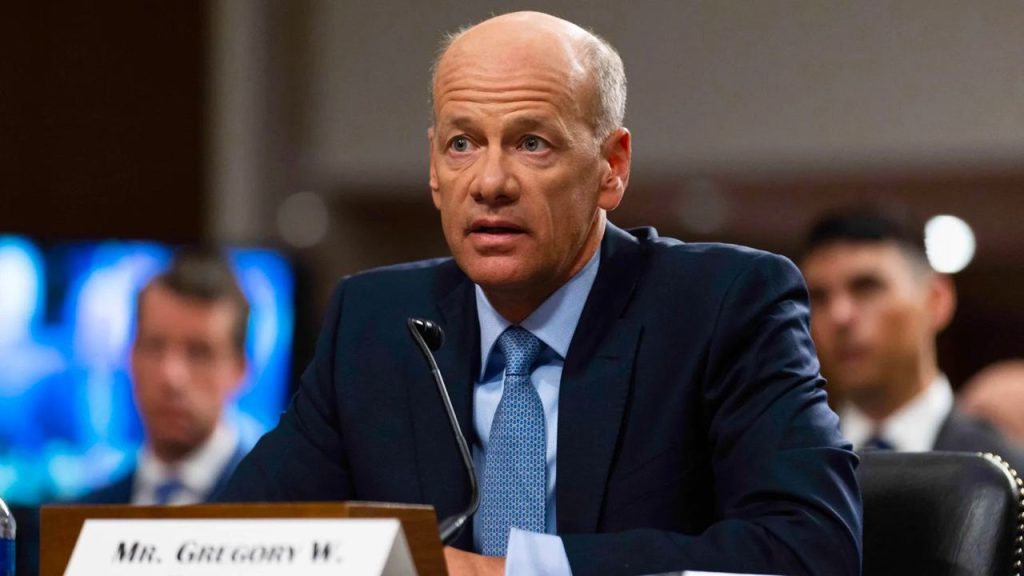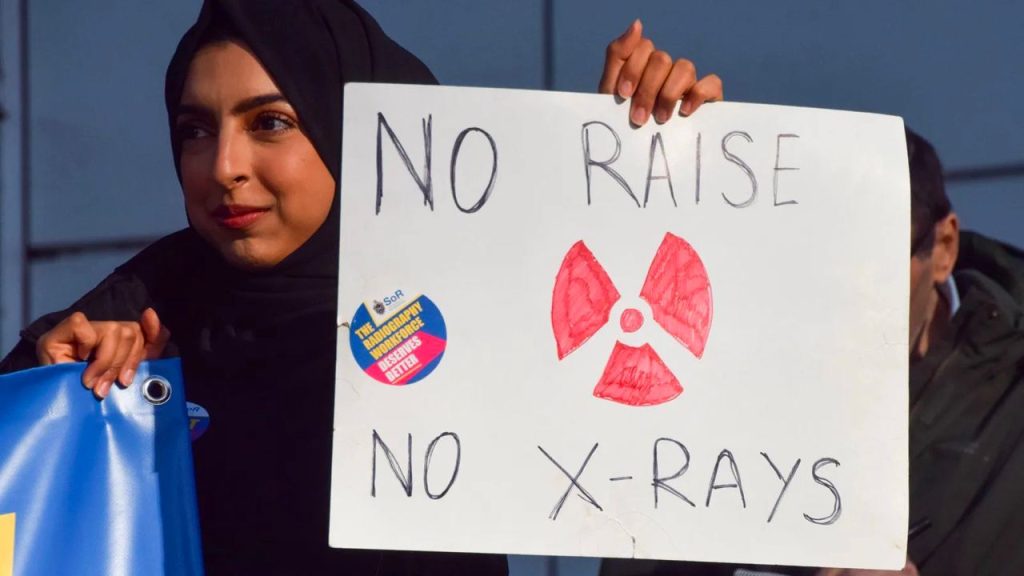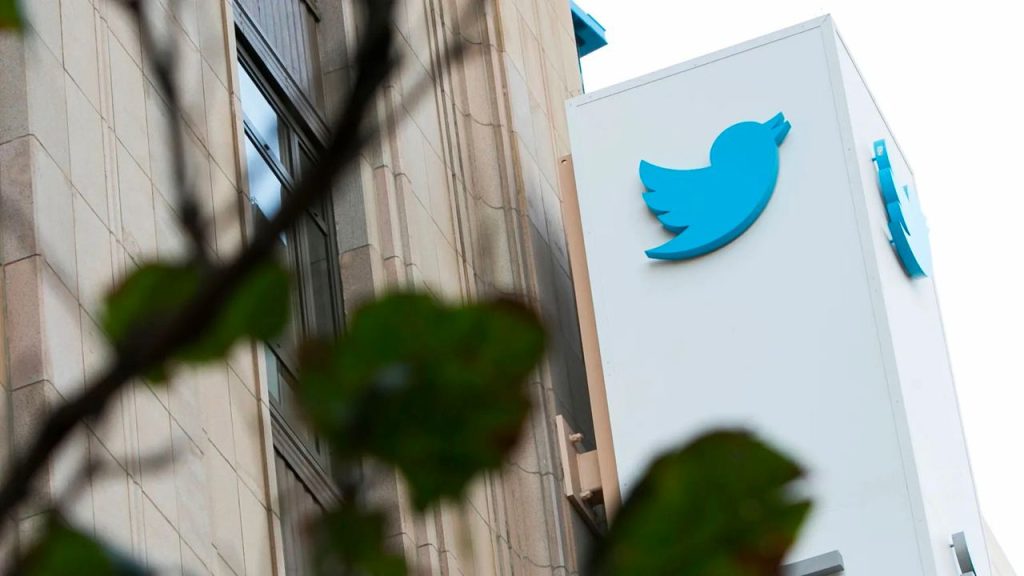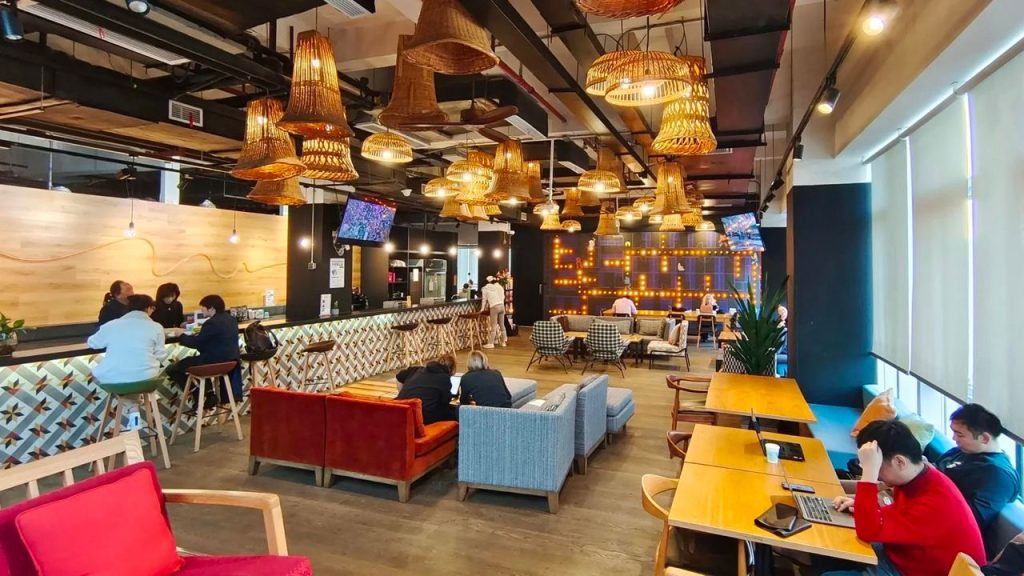A mid an uncertain economy, international political tension and leadership shake-ups, 2023 delivered big moments in business that shaped our year. They’ll set the stage for the months to come.
February: TikTok bans go global
Prior to 2023, some governments around the world had banned the use of Chinese tech-company Bytedance’s TikTok on devices, citing security concerns around data sharing with the Chinese government. In 2023, these bans spread – quickly.
In February, the European Commission, European Parliament and EU Council all imposed TikTok bans on government employee devices; Canada, too, mandated the removal of the app from federal devices. Shortly after, countries including the UK, New Zealand and Denmark made similar moves. Currently, more than a dozen countries have either partial or full bans in place.
In late February, the US government gave employees 30 days to uninstall TikTok from their work devices. More than half of US states have since adopted similar bans, and even some universities and private-sector companies have moved to take these decisions.
In March, the Biden Administration pushed Bytedance to sell the app, but the Chinese government swiftly announced their opposition. In May, Governor Greg Gianforte of Montana signed a bill to ban TikTok within the state, but in November, a federal judge granted a temporary injunction to stop the ban, citing First Amendment protections.
March and May: Three US banks fail
The failures of Silicon Valley Bank and Signature Bank in March, and First Republic Bank in May, marked the most consequential US banking crisis since 2008. Combined, the three banks held more than $500bn (£399bn) in assets – a number that, adjusted for inflation, exceeds the holdings of the 25 banks that collapsed during the global financial crisis.
The banks failed for various reasons, but their implosion kicked off a crisis of consumer confidence in the US banking system, in an economy already experiencing soaring inflation. The US government took steps to quell the panic, including providing emergency aid as well as a promise that customers beyond the FDIC insurance limit at these financial institutions would be “made whole”.
By May, the crisis seemed widely contained. But some US banks still remain vulnerable to rapid interest-rate increases, and continue to hold onto immense piles of cash amid uncertain economic conditions. Regulators have been making moves, including increasing scrutiny of risk management, to hopefully prevent similar failures in the future.
May: ‘Summer of strikes’ kicks off with the Writer’s Guild of America
Organised labour was immensely active this year. Across the UK, for instance, workers in sectors including transport, healthcare, law, education and more walked out in droves, looking for higher pay, better conditions and future job security in a changing technological landscape.
Perhaps the highest-profile strikes happened in the US, where millions of workers initiated work stoppages across a range of industries including health care, hospitality, education and manufacturing.
The summer was a particularly active period, vaulted into the widespread public eye when the Writer’s Guild of America (WGA) – representing more than 10,000 American screenwriters – clashed with the Alliance of Motion Picture and Television Producers over contract terms. It wasn’t the union’s first strike, but it lasted into September – 148 days, considerably longer than its 100-day work stoppage in 2007. In July, the Hollywood actors’ guild (Sag-Aftra) joined in solidarity, then began pushing for their own contract improvements soon thereafter.
Meanwhile, on 15 September, tens-of-thousands of labourers in the United Auto Workers union (UAW) began a six-week rolling strike across the three major US auto manufacturers: GM, Ford and Stellantis.
The scale of the collective action was staggering, but so were workers’ gains after negotiations. In many cases, global workers scored unprecedented pay rises and job-security protections, especially in an environment of rising living costs and rapid technological advancement.

May: Nvidia hits $1tn ($797bn) market cap
There are few companies with a $1tn market value around the world, and in May, chipmaker Nvidia joined the vaunted club. On 30 May, the company exceeded the mega milestone, making them only the fifth in the US – joining Apple, Microsoft, Alphabet and Amazon – with such a market cap.
It’s an important signifier for where analysts think business is heading. Nvidia makes about three-quarters of the chips for computers that power generative artificial intelligence, and the company’s ascension in such a short period of time reflects the changing tech landscape around the world, as investors are betting big on the AI boom.

July: Twitter becomes X
In October 2022, after an excruciating period of back-and-forth negotiations, Elon Musk closed a deal to own Twitter, to the tune of $44bn (£35.1bn). The takeover began as a hostile one; within a couple weeks, the company began layoffs of nearly half its workforce. It was a startling way to cap Twitter’s wild year – and only laid the foundation for what came next.
Many of the biggest changes began to hit in summer 2023, beginning with the appointment of Linda Yaccarino as CEO in June, amid a crisis of dwindling advertisers and dwindling revenue. But the public really felt the effect in July, when Musk declared the “Twitter” name a relic, renaming the platform “X”. It was a move both analysts and users panned – experts say the switch may have cost Musk essential, singular brand equity.
Since then, Musk’s ownership has continued to be the subject of immense controversy and financial tumult. In October, X’s value dropped to more than half of the purchase price. The platform has not only lost users, but haemorrhaged tens-of-millions of advertising dollars. Musk’s response to the attrition came in a 23 November interview with DealBook’s Andrew Ross Sorkin, in which the billionaire launched a profane attack slamming the brands that have left.
Another problem has just popped up for Musk and his X – in late December, the EU formally announced it suspects the platform has breached its rules in areas including disinformation and countering illegal content.
September: Rupert Murdoch steps down
After a shaky year in business, 92-year-old Rupert Murdoch announced he was stepping down as chairman of the board of both News Corp and Fox. Settling a Succession-esque battle, Murdoch’s son Lachlan became chairman of both companies, alongside his role as Fox’s CEO and executive chair.
In April, Rupert Murdoch’s Fox News settled a defamation lawsuit from the voting-machine company, Dominion, over its reporting of the 2020 presidential election, at the cost of $787.5m (£620m). The billionaire global media mogul leaves during a critical time, as the 2024 US election approaches. It remains to be seen how much the business will change – if at all – under the stewardship of Lachlan, whose management style may mirror his father’s.

October: FTX’s Sam Bankman-Fried goes on trial
Throughout the past few years, experts hailed Sam Bankman-Fried as an economic pioneer – even saviour. As the founder and CEO of Bahamas-based cryptocurrency exchange FTX, Bankman-Fried legitimised the turbulent crypto market, spurring investors to infuse billions into the company. However, after running into a liquidity crisis in November 2022, the once exalted company filed for Chapter 11 bankruptcy.
In October 2023, former billionaire Bankman-Fried and several employees of FTX and crypto hedge fund Alameda Research went on trial to face charges including wire fraud, securities and commodities fraud and money laundering. Several employees pled guilty, while Bankman-Fried went on trial for a month in New York City. After testifying, 31-year-old Bankman-Fried was swiftly found guilty on all seven charges he faced. He awaits sentencing.
Since FTX was such a household name, Bankman-Fried’s conviction has left a stain on the cryptocurrency industry. Others in the space are trying to move on, but it’s proving difficult. Investors are sceptical and largely gun-shy to infuse capital into industry, and regulators have a close eye on what will happen next.
One additional issue eroding confidence is the November resignation of Changpeng Zhao (CZ) as CEO of massive global crypto exchange Binance. Shortly after Bankman-Fried’s conviction, Zhao pled guilty to money laundering violations. The US government has ordered him to pay a $50m (£39.8m) fine, and he faces up to 18 months in prison – if not more.
October: Microsoft acquires Activision Blizzard
Despite the US Federal Trade Commission (FTC)’s attempt to block Microsoft’s acquisition of video-game developer Activision Blizzard, the $68.7bn (£54.7bn) deal closed in October. As Microsoft’s largest-ever purchase, the move bolsters the company’s power and profile in the gaming space.
Perhaps more importantly, however, the completion of the acquisition dealt a blow to the Biden administration’s wide-reaching plans to fight mergers and acquisitions that could cause price hikes for consumers. Since October, more than $170bn (£135.4bn) worth of mergers have gone through, leaving questions open as to whether President Biden’s anti-trust efforts are working.
In December, the FTC the once again challenged the legality of the merger, though anti-trust lawyers say they face a major uphill battle in their newest appeal.

November: WeWork files for bankruptcy protection
Once valued at $47bn (£37.4bn), global coworking giant WeWork filed for bankruptcy protection on 6 November. Shares tumbled, leaving the troubled company valued at less than $50m (£41m). The spectacular fall had been years in the making, especially after its failed attempt at IPO in 2019, but experts still saw its downfall as stunning.
Although WeWork’s bankruptcy was largely due to a flawed business model that relied on excessive real estate holdings, the bankruptcy has left a question hovering over the coworking industry: does anyone still want these spaces? Experts who study work trends and entrepreneurs in the industry both say yes. Hybrid-working patterns are still leaving people wanting connection, and growing revenue figures in the industry indicate sustained demand.
December: Purdue Pharma settlement reaches the US Supreme Court
At year’s end, the high profile lawsuits against US OxyContin maker Purdue Pharma found their way to the Supreme Court. The justices are currently deliberating whether to allow a multibillion dollar bankruptcy plan to move forward.
If it does, the Sackler family – which owns the pharmaceutical company – would be shielded from any civil liabilities going forward, after a March 2022 agreement to pay out $6bn (£4.78bn) of personal holdings. The outcome of this case may set a precedent for how US corporations can use bankruptcy law to protect themselves from civil litigation. Arguments are ongoing, with a decision that will likely drag into 2024.
If 2023 serves as an indicator for 2024’s business landscape, there will be a lot to watch in the new year.








